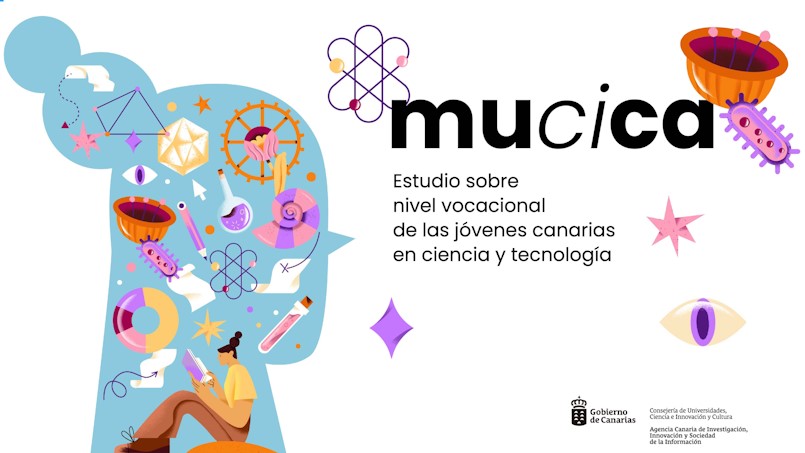Curiosity was the basis of major scientific discoveries of the 20th century and the engine for the development of basic science, with discoveries perfected and enriched later, from X-rays to magnetic resonance, allowing us to peek into the second quantum revolution. .
Serge Harusha French physicist who won the Nobel Prize in 2012 for his discovery of the measurement and manipulation of individual quantum systems, gave a keynote speech in Cultural Science Center Within the framework of the International Week of Science and Technology organized by Ministry of Science and Organization of Ibero-American States for Education, Science and Culture (OEI).
The title Harroch chose was the useless “Utility of Science”. At his conference he explained how the most important scientific discoveries of the twentieth century, such as X-rays, the theory of relativity, magnetic resonance imaging, the atomic clock or the laser beam, arose in the curiosity of the world. It “started with the basics” and mixed up the various theories that were in force at the time.
“In 1900, on the occasion of an international science fair, scientists were asked to make their predictions for the year 2000 and none of them could predict how quantitative research would develop, which 75 years later was the basis of the Global Positioning System (GPS). Today it is magnetic resonance imaging in medicine or radio waves,” Harroch said.
“All the innovations of the 20th century owe it to basic science and a combination of different contributions changed our everyday lives. Today we are at the dawn of the second quantum revolution, with the discovery of quantum computers being a major challenge today for Today for Science,” Harroch highlighted.
He also referred to light clocks “that operate with very high accuracy and can tell the time it takes the Earth to move from its center of gravity, by which an earthquake can be expected.”
“If we don’t do basic research – what Harroch calls ‘blue sky’ – technological innovation won’t be possible.”.
The physicist, who has been a professor of quantum physics since 2001 at the College de France and at the École Normale Supérieure, both in Paris, highlighted that in 2012 he won the Nobel Prize for his research, while this year, ten years later, he returns to reward quantum physics.
“All innovations of the twentieth century owe it to basic science and a combination of different contributions changed our daily lives. Today we are at the dawn of the second quantum revolution.
“There is still a long way to go from the curiosity of the world to be investigated and then translated into change in daily life, political organizations must understand this process and cannot have a short-term view in this area,” Harroch stressed.

Harush pointed out that “there is a preconception that mathematics is difficult, but this stems from the problem of how to teach it,” stressing the level of training that a teacher should have, stressing that “it is impossible to talk about scientific research without improving the level of education.”
For Harroch, children are curious by nature. “You have to encourage them to venture into the field of basic science because it is the gateway to science.” She highlighted that the current research on exoplanets is a fundamental scientific topic which is something that attracts and inspires young people to venture into the scientific field.”
“Scientists have talent, curiosity, and a bit of luck in their research. What one does often depends on the initial circumstances in which they began the investigation, having charismatic teachers guiding them in their first steps and of course having a passion for discovery,” the scientist said.
He added, “Creativity is not taught. Scientists come to create a little by chance and another because it is part of the scientific process and one thing leads to another, and you have to know how to mix and know when something makes noise.” “.





